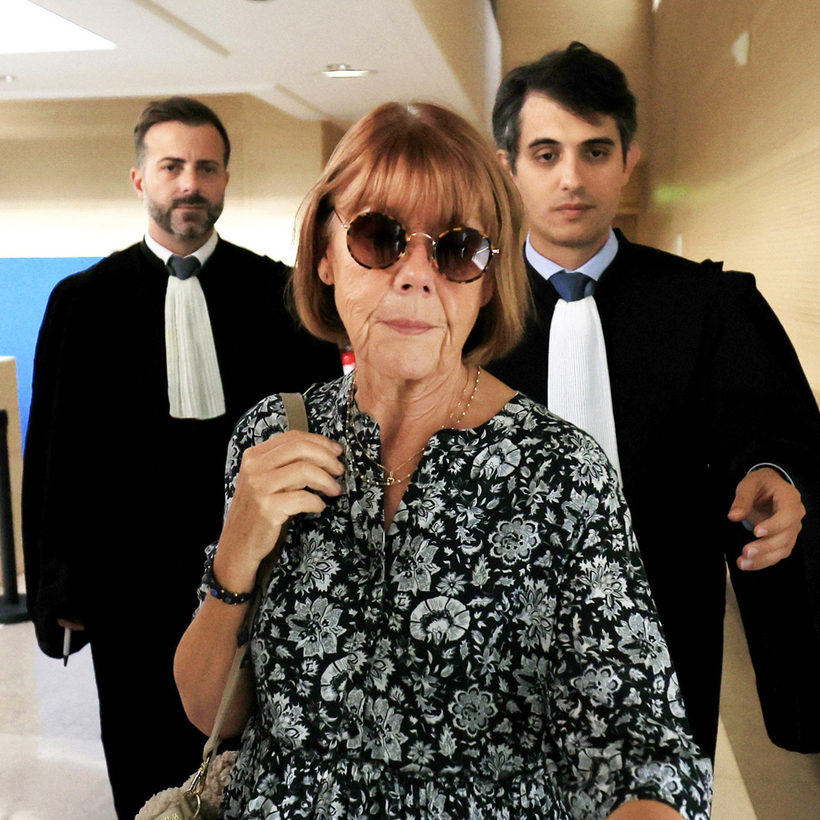A little more than a year ago, Stéphane Babonneau and Antoine Camus packed their bags for Avignon, where they would be representing Gisèle Pelicot in court.
Stepping foot into the apartment 400 miles south of Paris that would serve as their home for the next four months, Babonneau and Camus felt more like college students than lawyers in their 40s preparing for one of the world’s most significant rape trials in decades.


